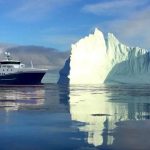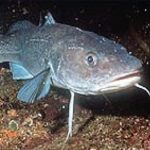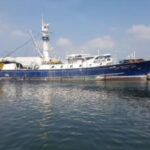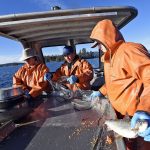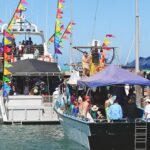Tag Archives: ‘ghost fishing’
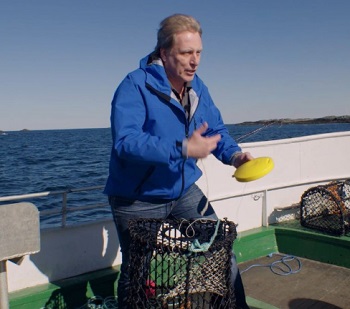
Deadliest Catch Sig Hansen star buys in to Norwegian entrepreneur “ghost fishing” idea
Hansen has recently acquired ten per cent of the company, confirms Ceo Helge Trettø Olsen of Resqunit AS. Now it’s going to be invested in Canada. The crab fisherman, who was born and raised in Seattle to Norwegian parents, begins the conversation with E24 in kav karmøysk, but quickly jumps over to his preferred English with “I’m just fucking with you.” And the idea is quite simple: the yellow float is attached with a degradable boom mule wire over an escape hatch on the the tein.,,, Now Resqunit is to launch a further developed model, replacing the cotton wire with an electrical device that can more precisely release the float to the surface. (hit translate option) >click to read< 18:02

P.E.I.’s fall lobster fishermen raise concerns about ghost fishing
A fisheries officer attending the annual meeting of the Prince County Fishermen’s Association said the amount of lost or abandoned lobster gear retrieved from the Northumberland Strait lobster grounds after the fall season ended was “extremely high said fisheries officer Anthony Cheverie. Cheverie said gear was retrieved throughout Lobster Fishing Area 25 (LFA 25), which takes in fishermen from P.E.I., New Brunswick and Nova Scotia. Laura Ramsay, with the P.E.I. Fishermen’s Association, said fishermen are concerned about the amount of lost gear and agreed Canadian regulations “make it hard for fishermen to help go clean up that gear”. Gear Innovation Summit planned for Feb. 11, 12, >click to read< 10:20
As ‘ghost fishing’ ravages ocean stocks, efforts build to retrieve killer lost nets and traps
 Abandoned or lost fishing gear — including traps, crab pots and nets — litters the ocean floor in coastal areas around the world. Many continue to attract, entrap and kill fish and other marine life in what is called “ghost fishing.” Groups, governments and companies around the world are engaged in efforts to retrieve and recycle as much of the abandoned gear as they can get their hands on. The goal is to protect the environment, prevent marine life from being killed, remove threats to navigation and, in some cases, generate energy. Read the rest here 17:09
Abandoned or lost fishing gear — including traps, crab pots and nets — litters the ocean floor in coastal areas around the world. Many continue to attract, entrap and kill fish and other marine life in what is called “ghost fishing.” Groups, governments and companies around the world are engaged in efforts to retrieve and recycle as much of the abandoned gear as they can get their hands on. The goal is to protect the environment, prevent marine life from being killed, remove threats to navigation and, in some cases, generate energy. Read the rest here 17:09
Removal of derelict fishing gear has major economic impact
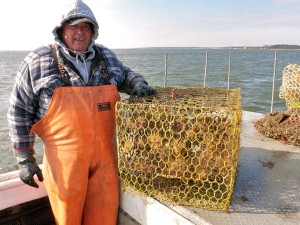 A new study by researchers at William & Mary’s Virginia Institute of Marine Science shows that removal of derelict fishing gear could generate millions of dollars in extra harvest value for commercial fisheries worldwide. The study focused on a 6-year, collaborative program to remove derelict crab pots from Chesapeake Bay, showing that the effort generated more than $20 million in harvest value for area watermen. Extending their methodology to estimate the economic benefits of removing derelict crab pots and lobster traps on a global basis,,, Read the article here 08:49
A new study by researchers at William & Mary’s Virginia Institute of Marine Science shows that removal of derelict fishing gear could generate millions of dollars in extra harvest value for commercial fisheries worldwide. The study focused on a 6-year, collaborative program to remove derelict crab pots from Chesapeake Bay, showing that the effort generated more than $20 million in harvest value for area watermen. Extending their methodology to estimate the economic benefits of removing derelict crab pots and lobster traps on a global basis,,, Read the article here 08:49

































